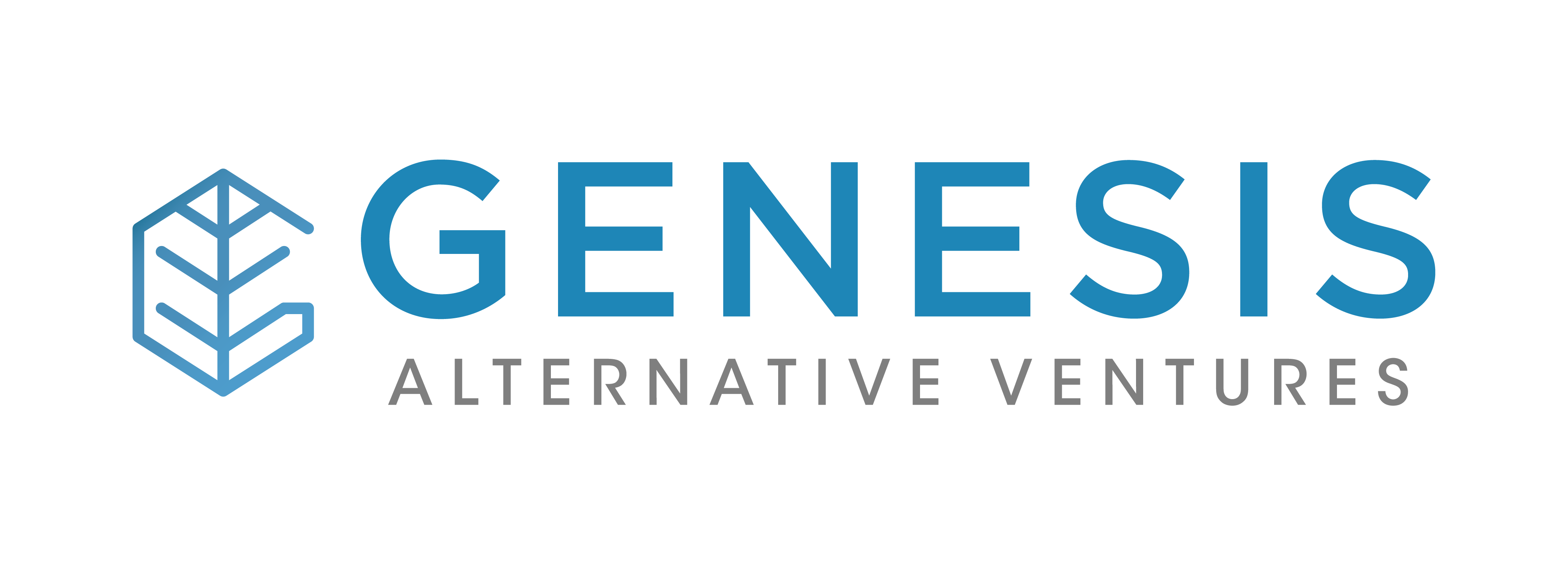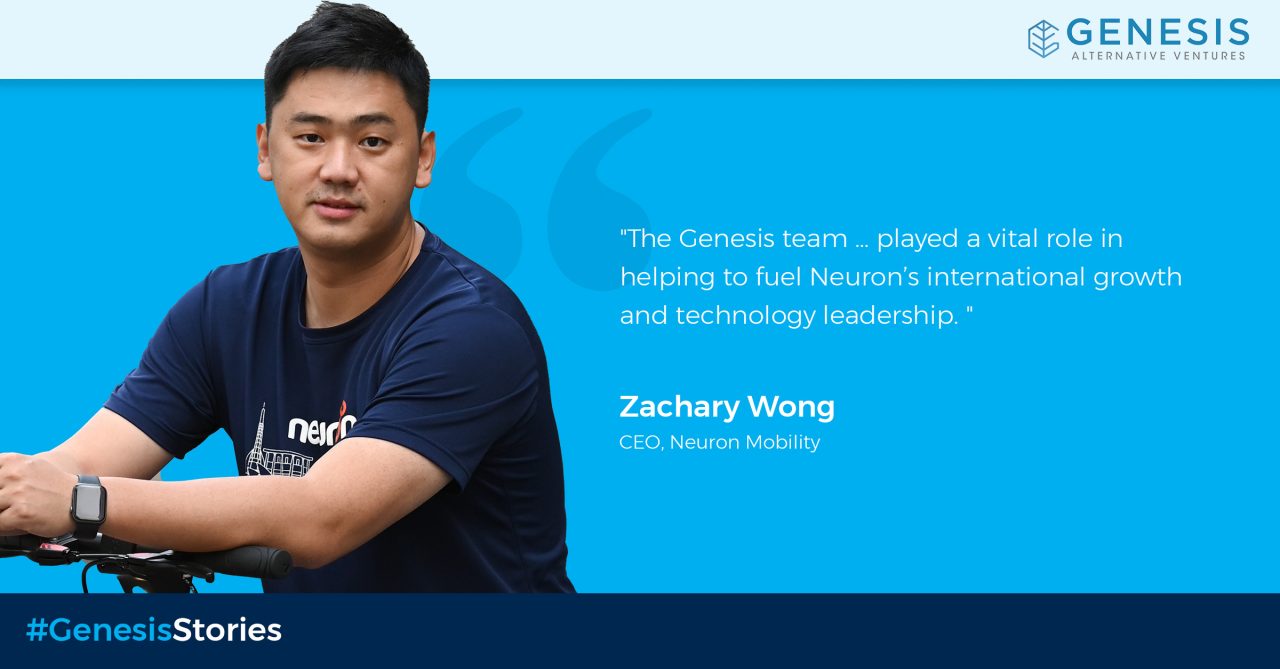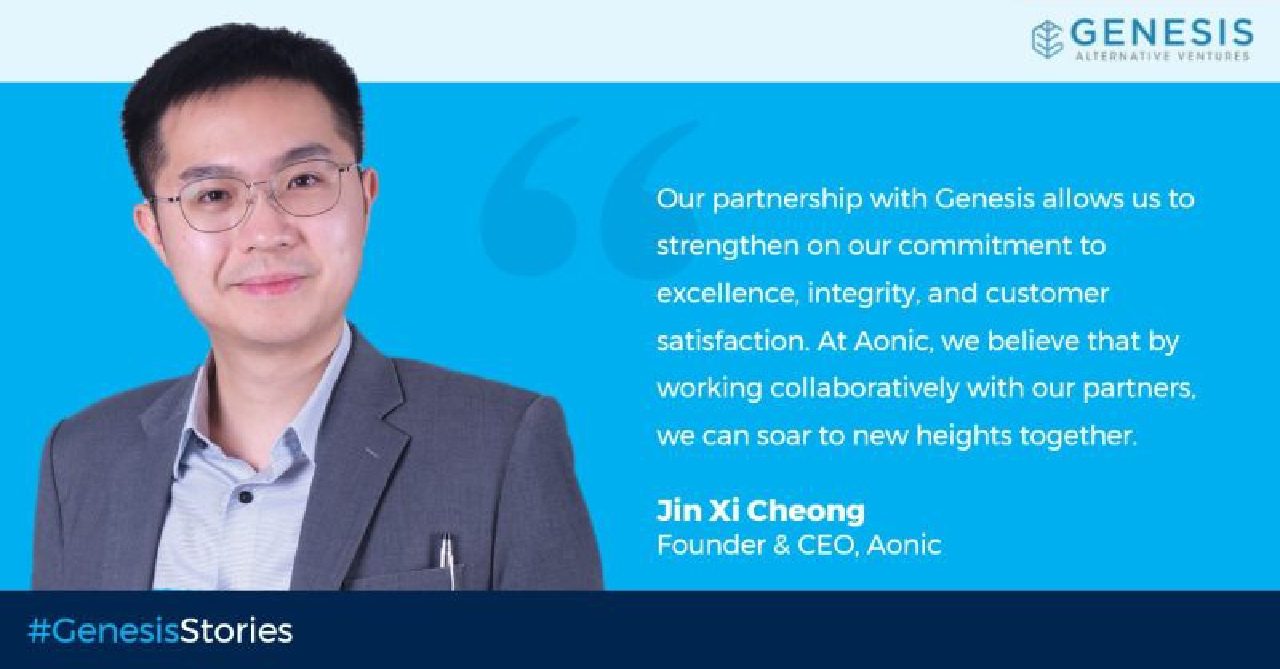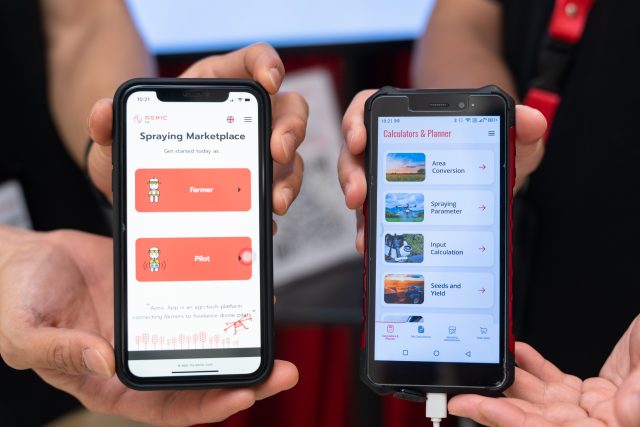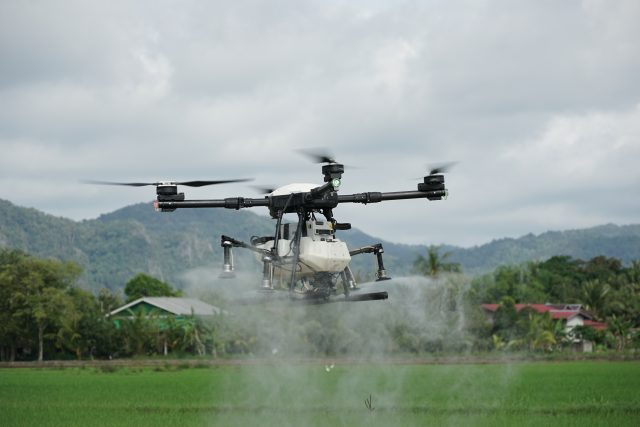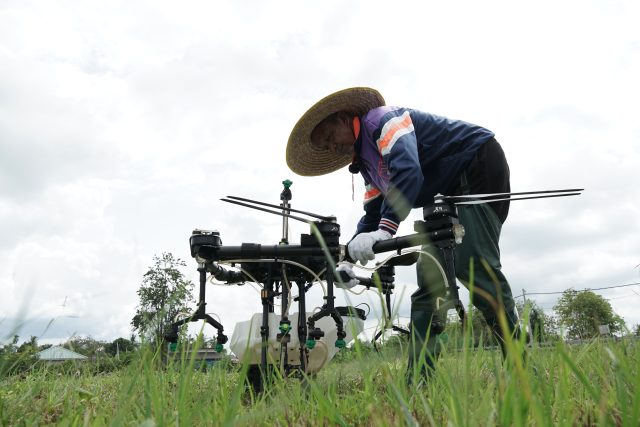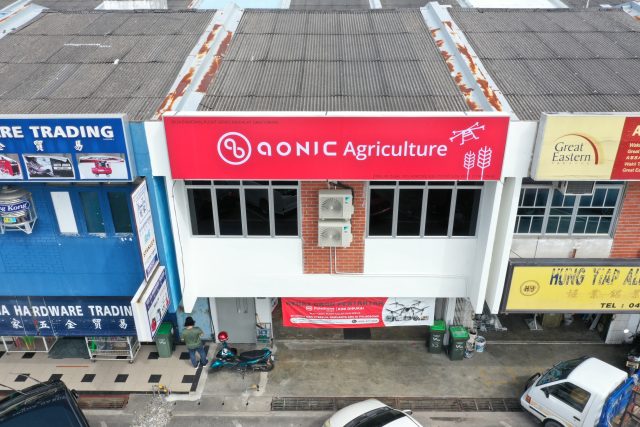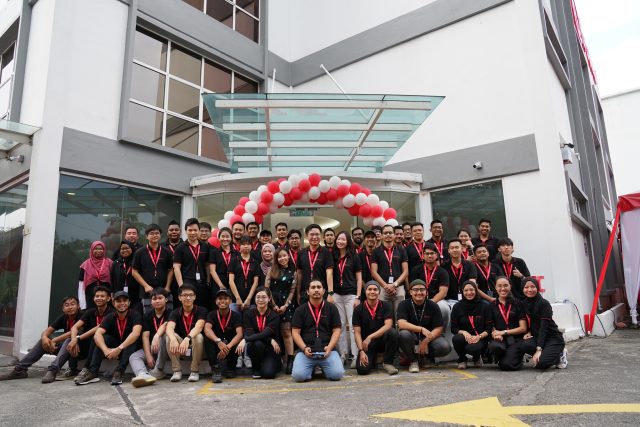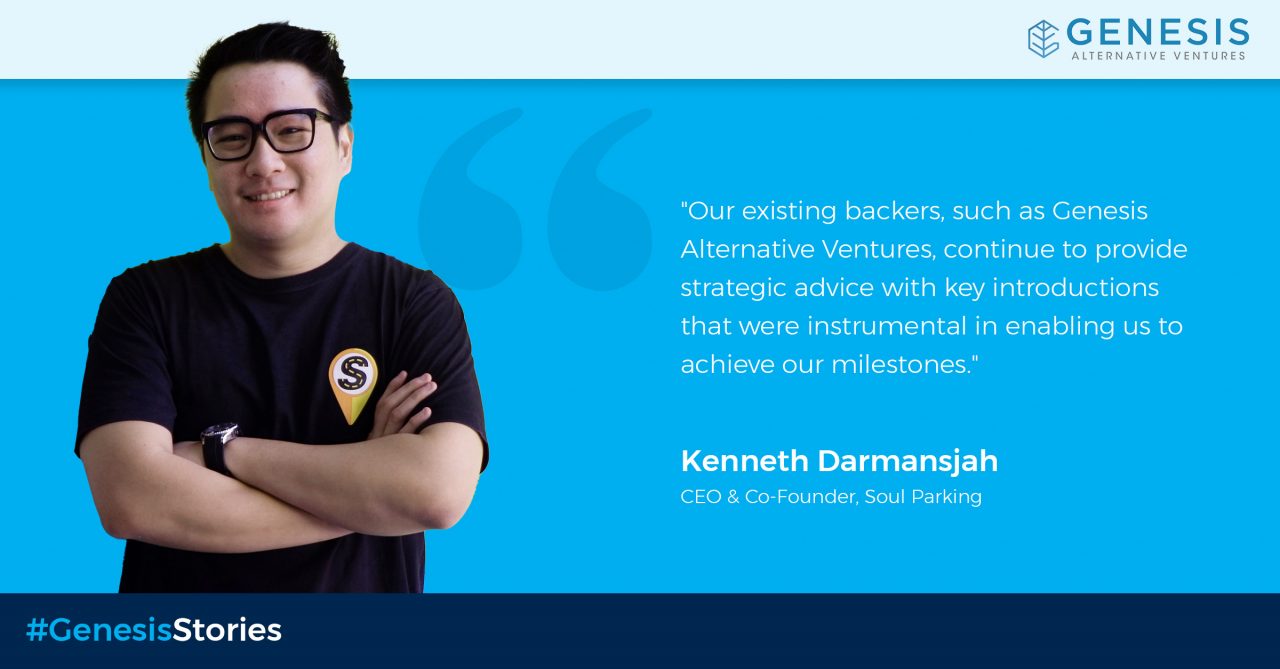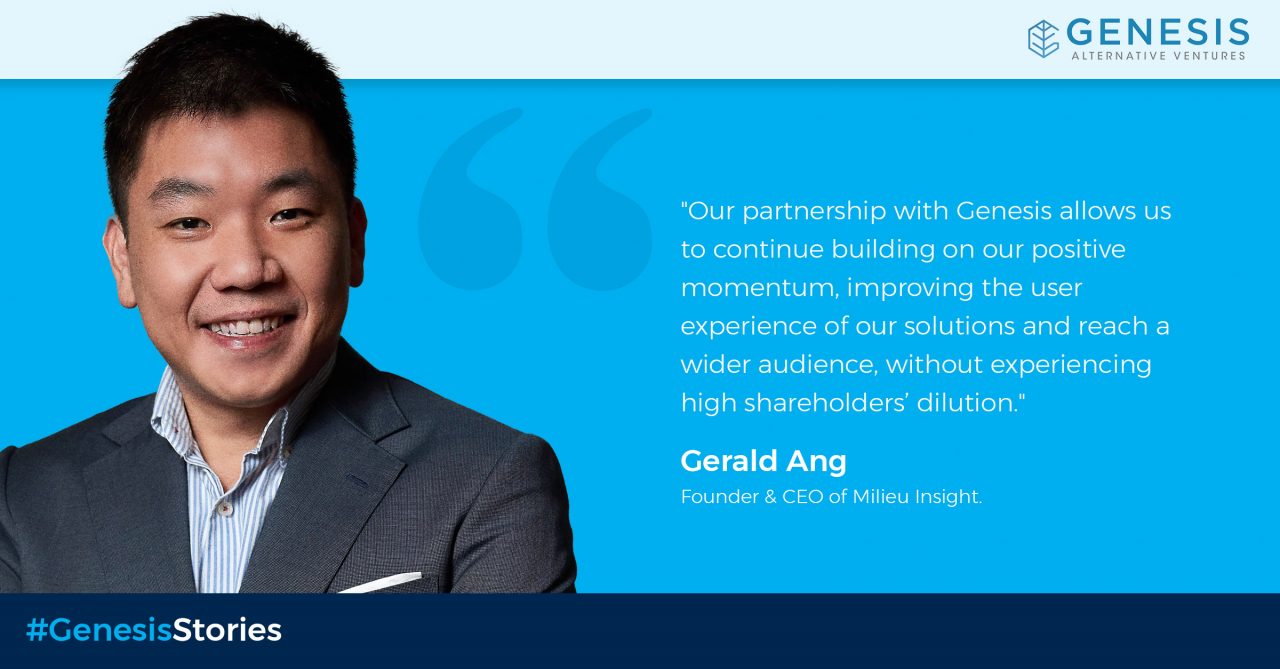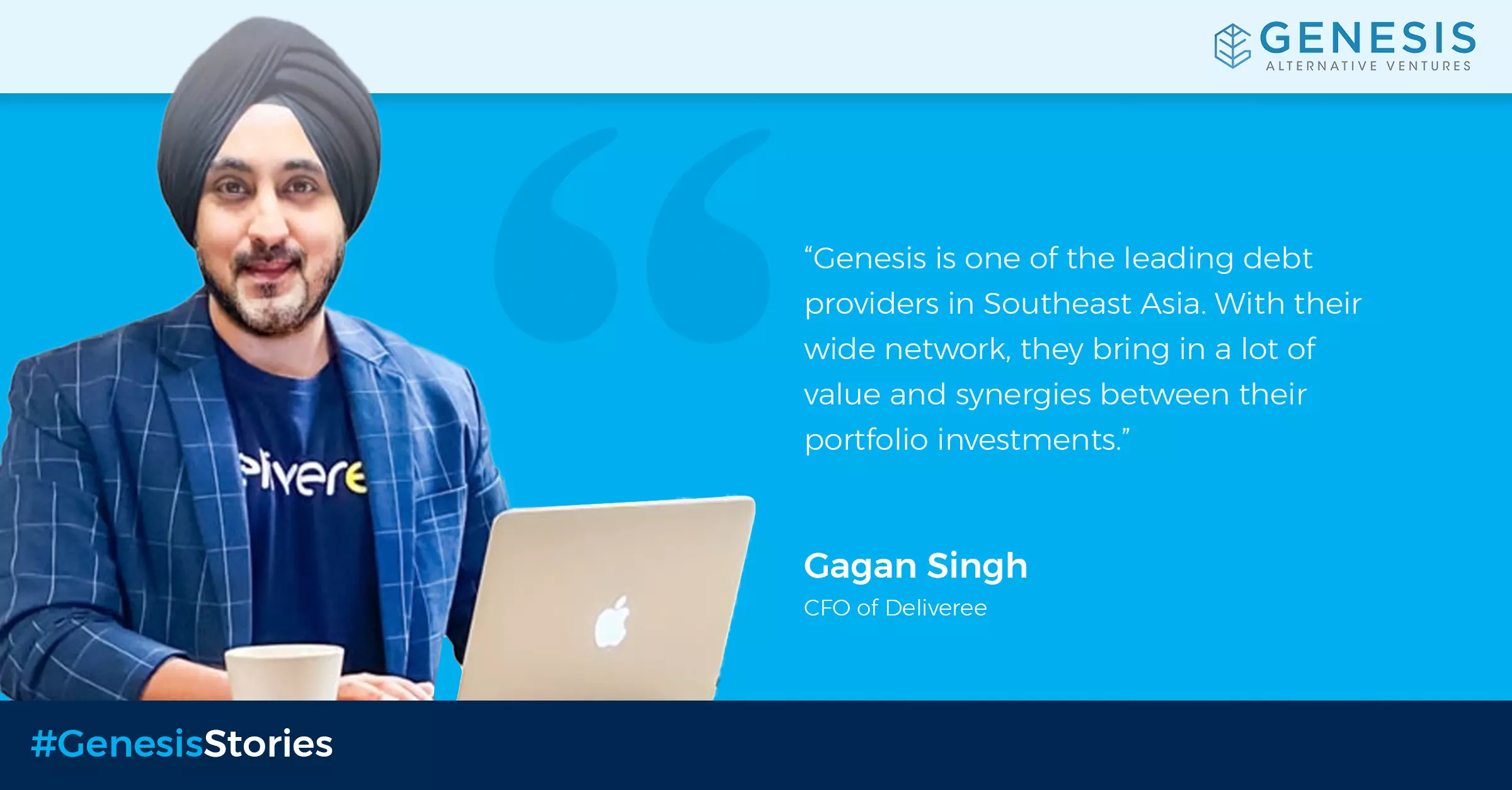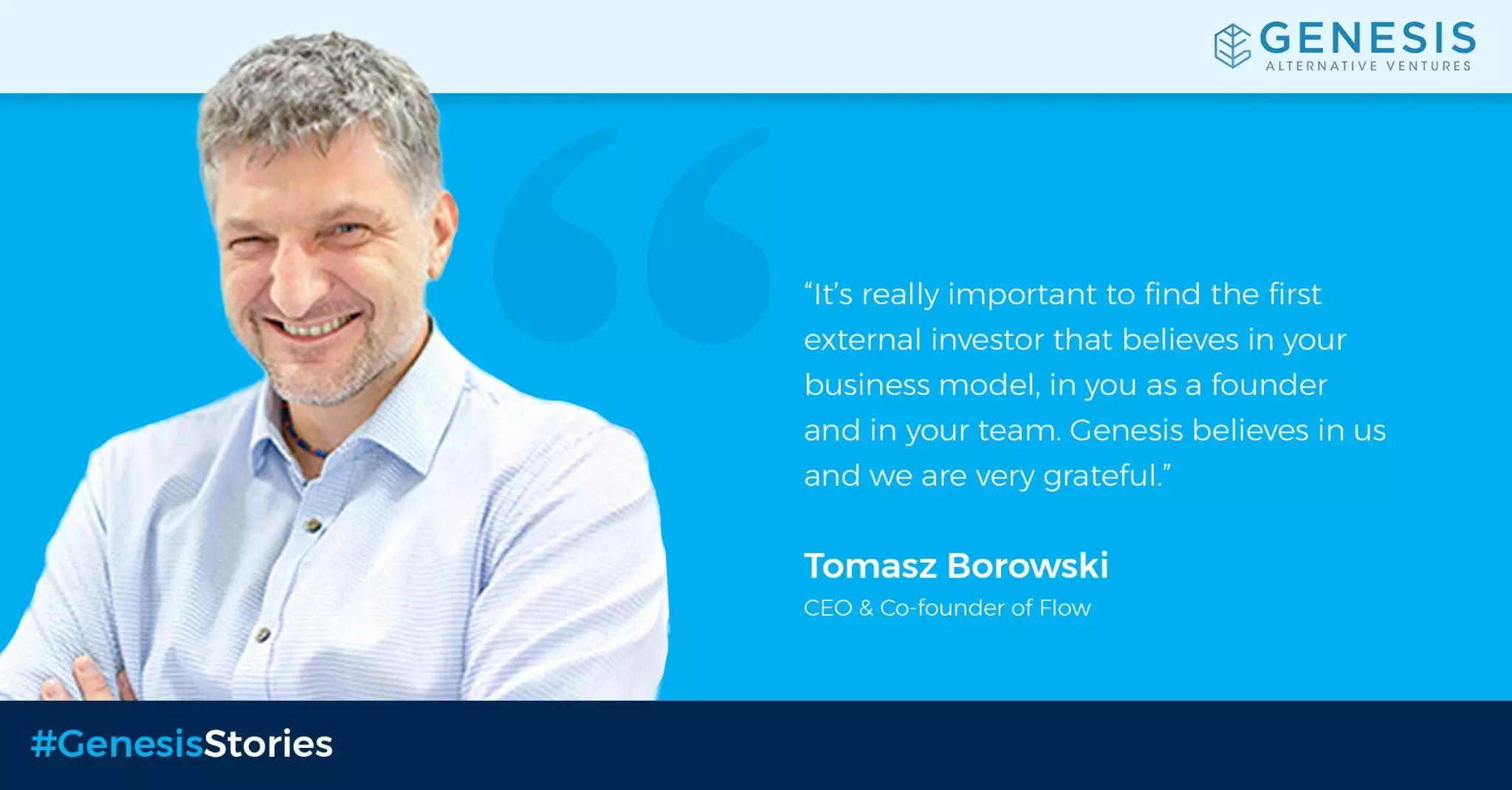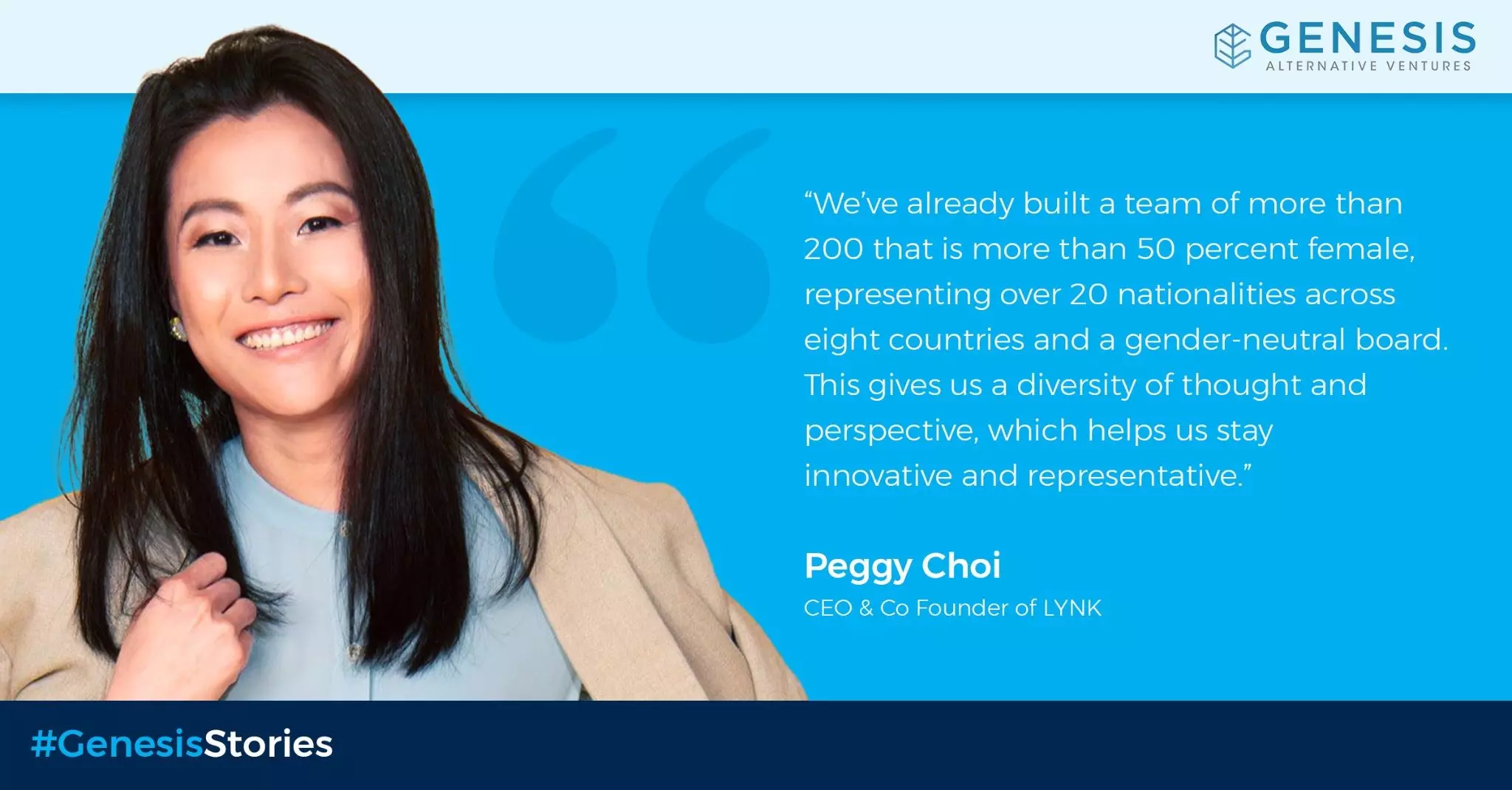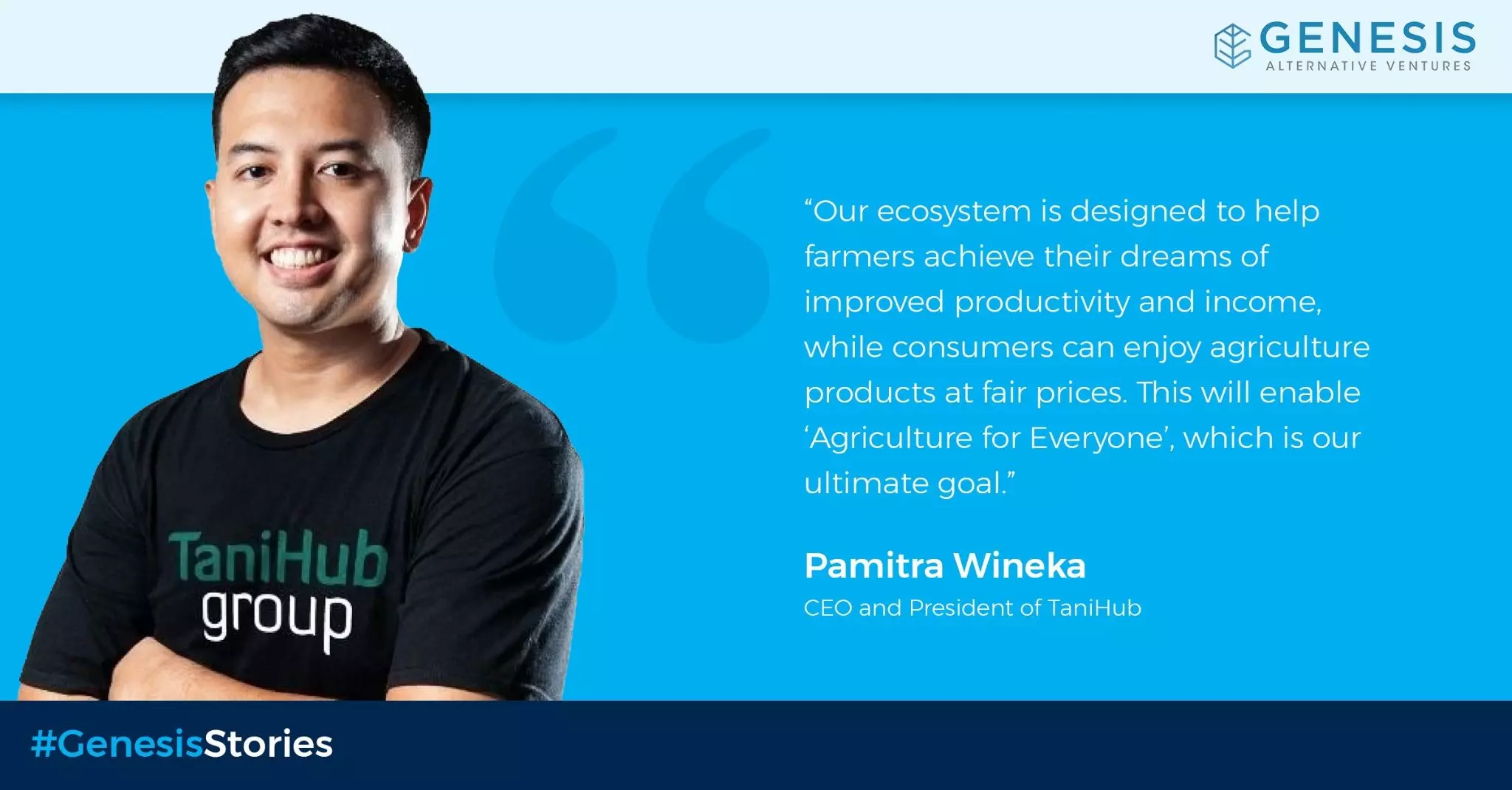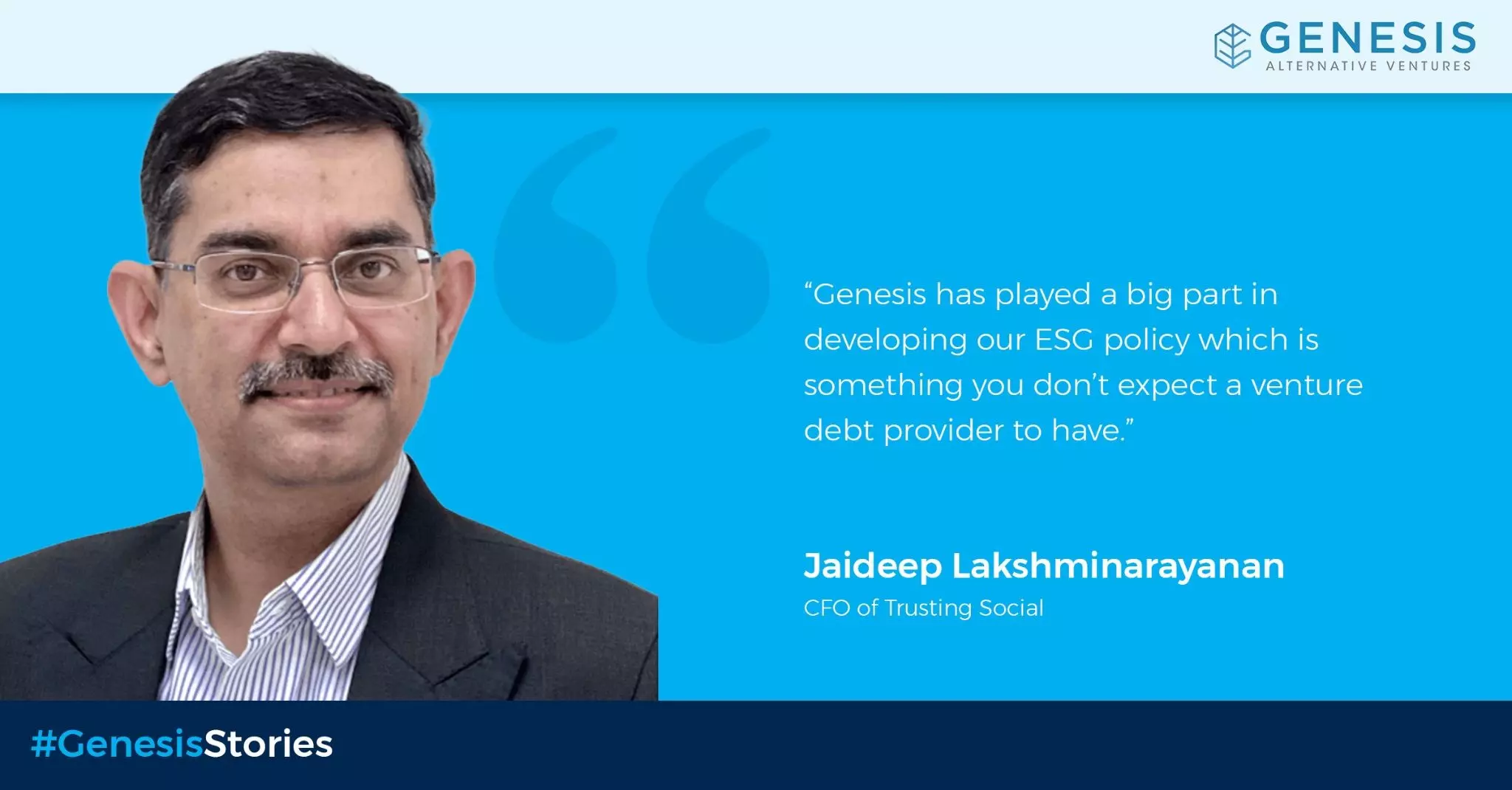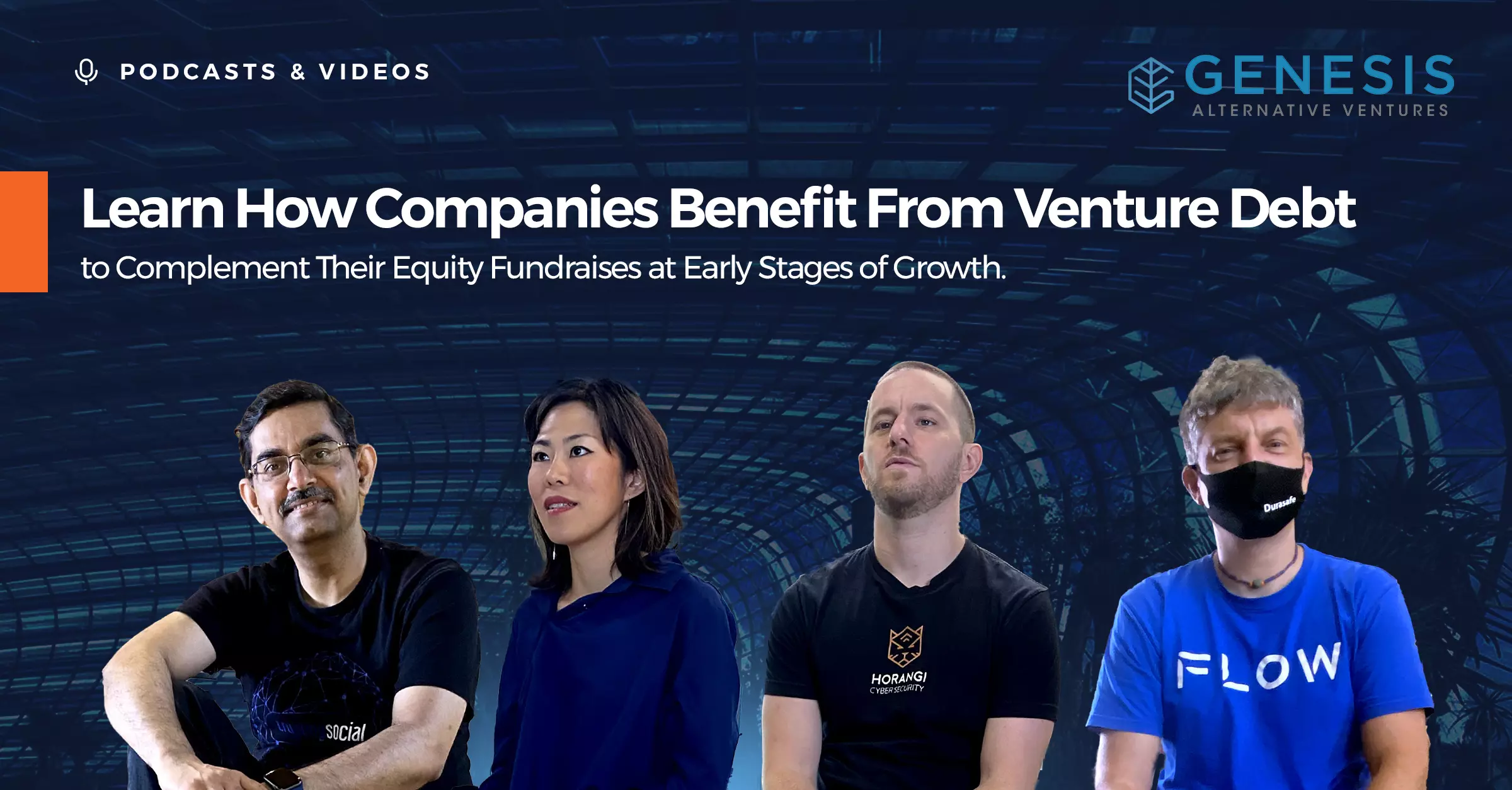Neuron Mobility: Pioneering Sustainable Micromobility Internationally
Neuron Mobility, a leading Singapore-based shared e-scooter and e-bike operator, has swiftly gained prominence in the dynamic world of micromobility. As cities increasingly look for sustainable and safe transportation solutions, Neuron’s success in winning competitive tenders from forward-thinking cities underscores its reputation as an innovative urban mobility partner.
Since its inception in 2016, Neuron has been responsible for many e-scooter innovations. This has led to remarkable growth and the company now operates in 35 cities worldwide Neuron is the leading operator in Australia and New Zealand, and Canada, plus it also has operations in the United Kingdom.
In a conversation with Neuron Mobility’s CEO, Zachary Wang, we delve into the company’s origins and growth trajectory:
Tell us the origin and growth story of Neuron Mobility?
In 2016 my co-founder Harry Yu and I started Neuron in Singapore with the world’s first docked e-scooter system and the following year we rolled out the first shared e-scooter programme. The micromobility industry as we know it today did not exist back then, so in many ways, we had to pave the way as there were very few guidelines or other operators to learn from.
After testing our service in different cities across Southeast Asia for market fit, we made the strategic decision to concentrate our efforts on more regulated markets, with higher disposable incomes and better infrastructure for e-scooters and e-bikes.
Fast forward to today, Neuron is now the leading rental e-scooter company in Australia and New Zealand and as we complete our third year, in Canada we are the dominant micromobility operator there as well. Neuron now has a presence in over 35 cities around the world including Melbourne and Brisbane in Australia, Calgary in Canada, and Newcastle in the UK. We have learned a lot over the last few years and are incredibly excited about the opportunities for the future.

What is Neuron doing differently to achieve success where others have stumbled?
Neuron is first and foremost a tech company and we are well-known for innovating within the micromobility sector. We have introduced a long list of pioneering features like swappable batteries, integrated helmets, and advanced geofencing. It is not an exaggeration to say we have been leading the industry when it comes to introducing new technology.
Designing and building our own e-scooters and the systems that run them enables us to innovate quicker and more efficiently than other operators. We recently launched our all-new N4 e-scooter, the most rider-centric, sustainable, and toughest e-scooter ever built. It is purpose-built to win city contracts, increase our market share of riders, and importantly, lower our operational costs which significantly improves unit economics.
Another differentiator is our willingness to partner with cities – we often innovate specifically to meet their needs and they really appreciate this. We also prioritise safety which is a cornerstone of the company and this has helped us build trust among our most important stakeholders.

What are some of the positive impacts that Neuron’s e-scooter service is having on cities?
Our e-scooters make a significant positive impact in cities where we operate. They are replacing car journeys and in doing so, reducing harmful emissions and congestion. Additionally, e-scooters are a strong driver of prosperity, enabling riders to see more, do more, and spend more. Recent research showed two-thirds of all Neuron trips resulted in a purchase at a local business and in Australia, each e-scooter contributes a massive AU$70,000 per year to the local economy.
Our e-scooters have a broad appeal and the global gender split is now 60% males and 40% females, with more younger women than ever before using them to travel. Research has also shown that 5% of our riders have a disability or mobility issue, with many highlighting their benefits for allowing them to travel further and more frequently. We are also a local employer who invests in our people so they can advance their careers.
As cities worldwide strive for a more sustainable future, we’re proud to be providing a mainstream transport service that is delivering positive outcomes in the communities we serve.
Why did you pick Genesis as your venture lender?
We always strive to partner with organisations that deliver tangible value to our business. The Genesis team is no exception, they have played a vital role in helping to fuel Neuron’s international growth and technology leadership. This will continue to help drive us forward as we support more cities to achieve their sustainability goals.
